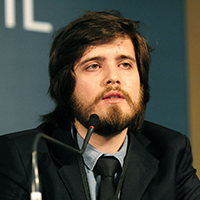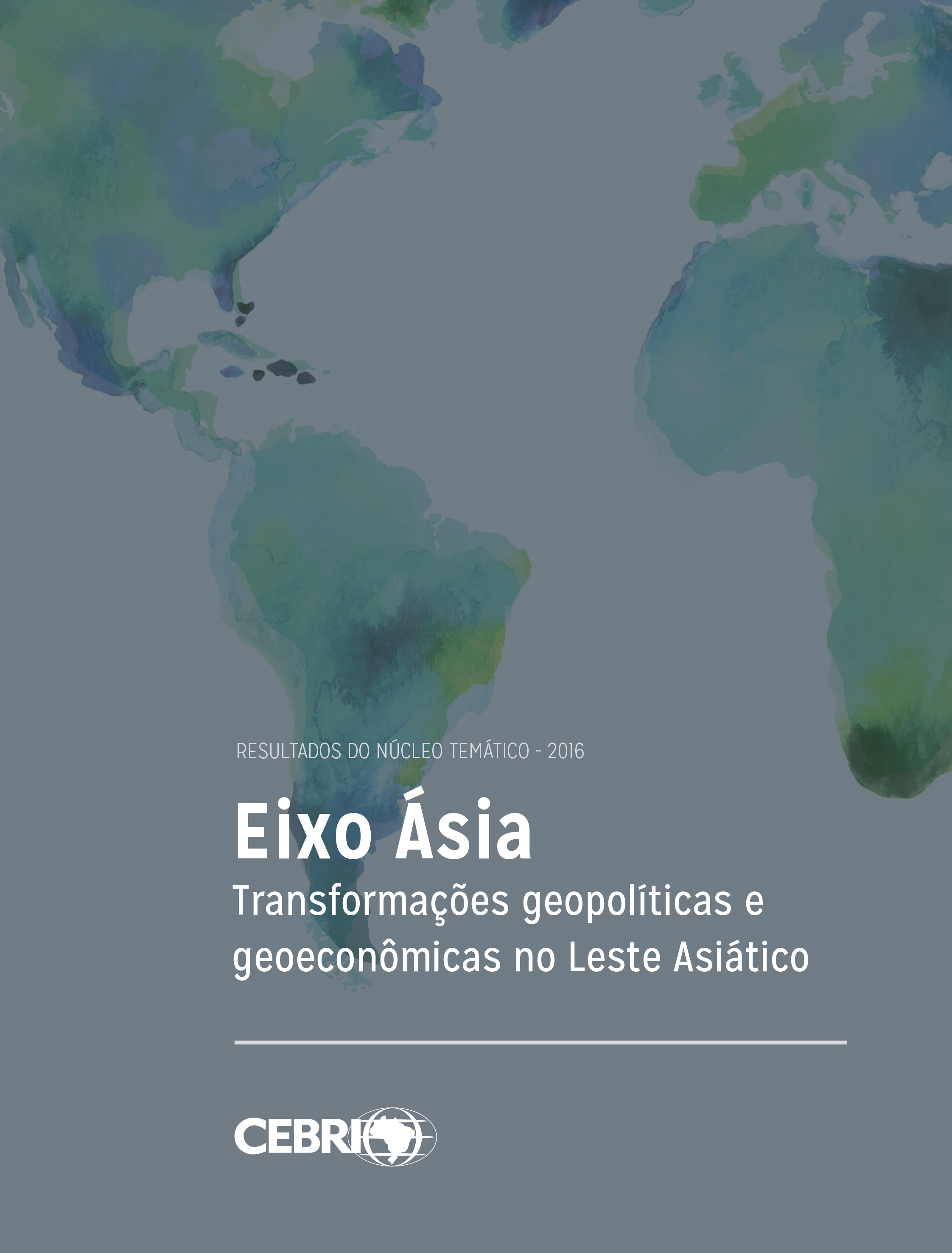In-person events
Presentation of Results | Thematic Programs 2016
- Institutional
February 07, 2017
On February 7, the Brazilian Center for International Relations (CEBRI) held an event to present the results of the following 2016 programs: Brazil in the New South American Context, International Economic Insertion and Asia Axis: Geoeconomic and Geopolitical Transformations. The initiative took place at CEBRI's headquarters, comprising a panel for each program, and had the important support of CAF-Development Bank of Latin America.
Panel I, South America, was attended by Maitê Bustamente, Senior Fellow at CEBRI, Lucia Maduro, author of the paper “Mercosur: Crisis and Opportunity for Reflection on the Integration Agenda” and researcher Maria Regina Soares de Lima, Curator Trustee at CEBRI. The first panel took into account the institutional crisis in Mercosur, the bloc's biggest challenges, and the mapping of priority actions.
The International Economic Insertion panel was attended by Mario Marconini, Senior Fellow at CEBRI, Karla Borges, author of the paper “WTO and Commerce in the 21st Century: The Importance of Multilateral Disciplines for Digital Commerce”, Ambassador José Alfredo de Graça Lima, as a debater and Ambassador Gelson Fonseca Jr., as debate mediator. The panel highlighted Brazil's need to define an international insertion strategy that would warrant trade liberalization, increase the competitiveness of Brazil's national industry and enable the country's insertion in global value chains.
The last panel, Axis Asia, chaired by Ambassador Valdemar Carneiro Leão Neto, Senior Fellow at CEBRI, was attended by Adriana Abdenur, author of the paper The Geopolitics of East Asia: New Geometries of Competition and Cooperation, Ambassador Luiz Augusto de Castro Neves, President of the Brazil-China Business Council (CEBC), as mediator and Roberto Fendt, Executive Secretary of CEBC, as a debater. At the table, Asia was described as an unstable region, whose political and economic destabilization directly affects the global economy, with geopolitical and geoeconomic effects that directly and indirectly impact Brazil.
Date:
February 07, 2017
Location:
Rio de Janeiro, CEBRI
Language:
Portuguese
Share
On February 7, the Brazilian Center for International Relations (CEBRI) held an event to present the results of the following 2016 programs: Brazil in the New South American Context, International Economic Insertion and Asia Axis: Geoeconomic and Geopolitical Transformations. The initiative took place at CEBRI's headquarters, comprising a panel for each program, and had the important support of CAF-Development Bank of Latin America.
Panel I, South America, was attended by Maitê Bustamente, Senior Fellow at CEBRI, Lucia Maduro, author of the paper “Mercosur: Crisis and Opportunity for Reflection on the Integration Agenda” and researcher Maria Regina Soares de Lima, Curator Trustee at CEBRI. The first panel took into account the institutional crisis in Mercosur, the bloc's biggest challenges, and the mapping of priority actions.
The International Economic Insertion panel was attended by Mario Marconini, Senior Fellow at CEBRI, Karla Borges, author of the paper “WTO and Commerce in the 21st Century: The Importance of Multilateral Disciplines for Digital Commerce”, Ambassador José Alfredo de Graça Lima, as a debater and Ambassador Gelson Fonseca Jr., as debate mediator. The panel highlighted Brazil's need to define an international insertion strategy that would warrant trade liberalization, increase the competitiveness of Brazil's national industry and enable the country's insertion in global value chains.
The last panel, Axis Asia, chaired by Ambassador Valdemar Carneiro Leão Neto, Senior Fellow at CEBRI, was attended by Adriana Abdenur, author of the paper The Geopolitics of East Asia: New Geometries of Competition and Cooperation, Ambassador Luiz Augusto de Castro Neves, President of the Brazil-China Business Council (CEBC), as mediator and Roberto Fendt, Executive Secretary of CEBC, as a debater. At the table, Asia was described as an unstable region, whose political and economic destabilization directly affects the global economy, with geopolitical and geoeconomic effects that directly and indirectly impact Brazil.


